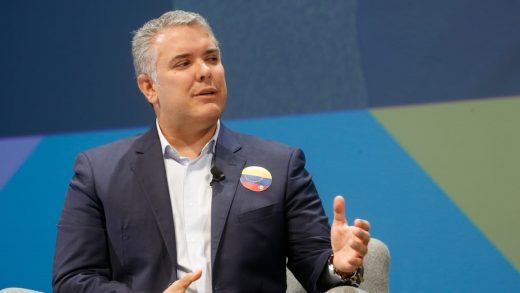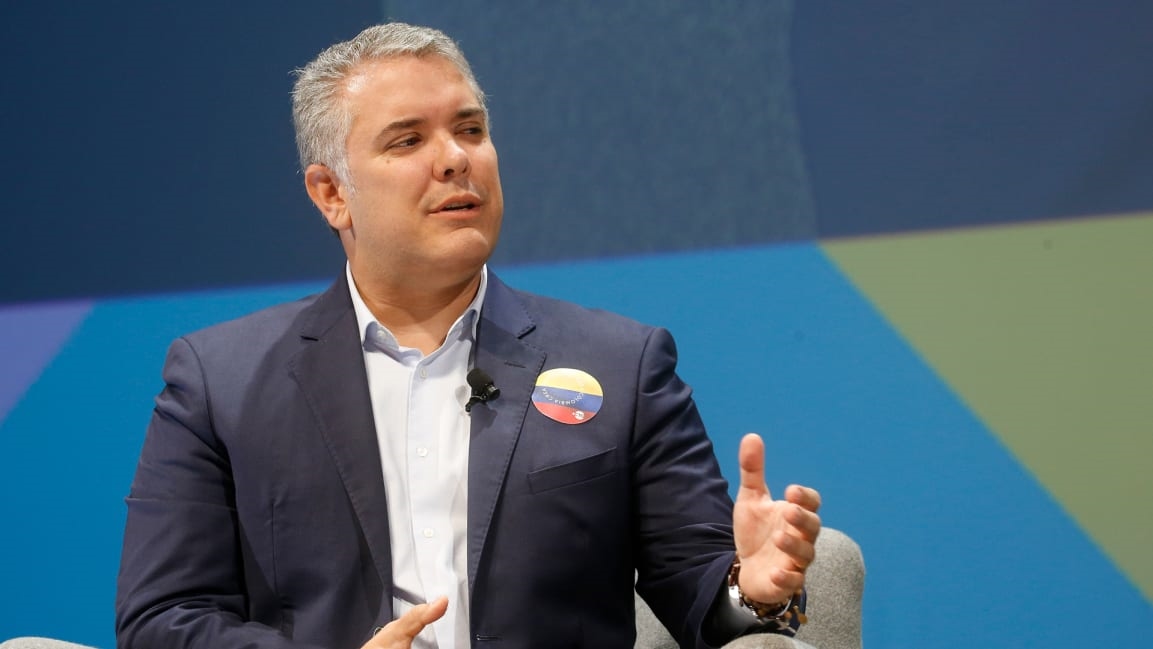Colombia wants to be known for its creative economy even more than its coffee
A year ago this week, Iván Duque was elected President of Colombia in a hard-fought, highly divisive election. Duque won as a candidate for the right-wing Democratic Center party. A protégé of former president Álvaro Uribe, who held office from 2002 to 2010, Duque is known primarily for fighting against the country’s main rebel group and drug traffickers.
Why was Duque at the Cannes Lions Festival of Creativity along with the likes of Marie Kondo, Sheryl Sandberg, and Jeff Goldblum?
The 42-year-old former lawyer, whose tenure has involved controversial moves that threaten a peace treaty signed in 2016 (by Duque’s predecessor, Juan Manuel Santos, who won a Nobel Peace Prize for his efforts), came to promote the ideas in his 2013 book The Orange Economy, which include aggressively funding and supporting the arts and creative industries.
“We’re talking about a sector where you have festivals, carnivals, gastronomy, museums, visual arts, live arts, media, TV, movies, digital, advertising, marketing, gaming, jewelry. You add up all those sectors in a country like Colombia, its contribution to the economy is double the size of coffee and even bigger than mining,” said Duque, which garnered enthusiastic applause from the Cannes crowd at his session. “So we have to help people understand that when we’re talking about the creative industries, when we’re talking about talent and innovation, we’re talking about a very vibrant and important force to change our nation.”
After his talk, Duque met with Fast Company to talk about some of the progress Colombia has made so far in advancing his “Orange Economy” agenda to make the creative economy 6% of the country’s GDP by 2022. In 2017, the Orange Law passed to give creative businesses easier access to lines of credit. Last year, a new finance bill passed that exempts creative businesses from paying income tax for their first seven years if they meet job creation and investment criteria.
“By early May this year, a report by the Colombian association of chambers of commerce said in the first quarter, the amount of new companies increased by 9%, something close to 96,000 companies were created, and 42% are in the Orange Economy,” says Duque. “The message I get from that is people are getting it. They want to take advantage of it. That’s why we need to make the opportunity more accessible. The access to finance, the access to the benefits. Eliminating any red tape that obstructs startup development in the country. I’m very impacted by the way people are getting it.”
To sell the idea for these changes, Duque looked around the world for examples of where creative business made smart economic sense.
“When we wrote the book, we thought a lot about comparisons so that people know the importance of the creative industry,” says Duque. “We saw that the biggest hydroelectrical project in the world, the Three Gorges Dam in China, took almost 20 years to go from an idea to generating revenues, and over that time, they invested $25 billion. Then we compared it to what all the musicals in New York made in the same period of time. It was $27 billion.”
His ultimate goal is to make Colombia the Silicon Valley of Latin America, in the creative industries and technology. His first year in office is off to a decent start, considering that Colombian delivery startup Rappi has a $3.5-billion valuation after SoftBank invested $1 billion in May.
“I think this will be a silent revolution in Colombia,” says Duque. “People are getting it, and we have to be pedagogical every single day, so that we have more people motivated to enter into the industry and take advantage of the benefits we have.”
(7)



